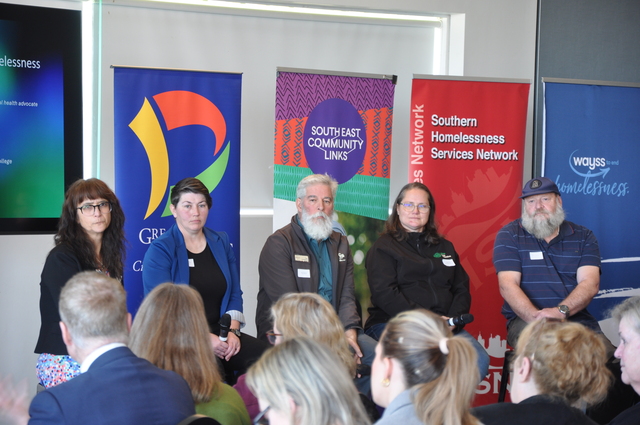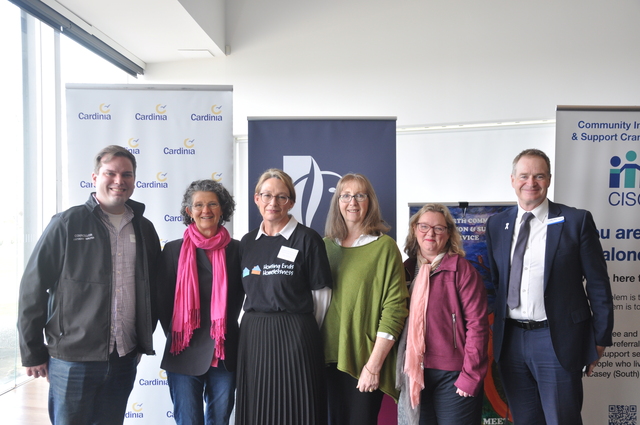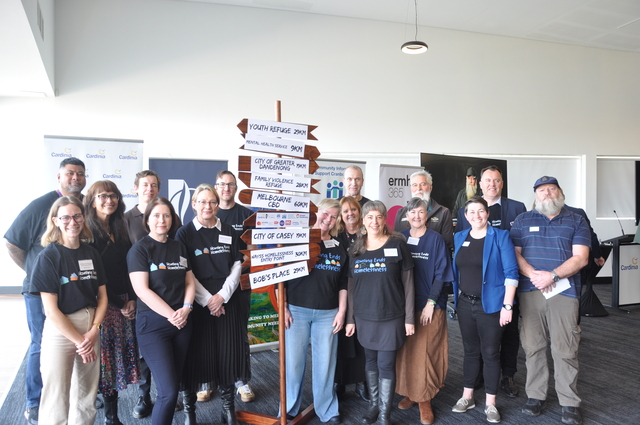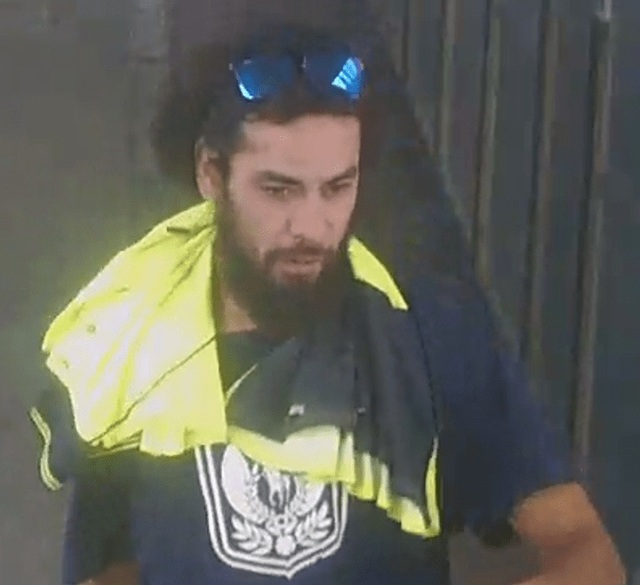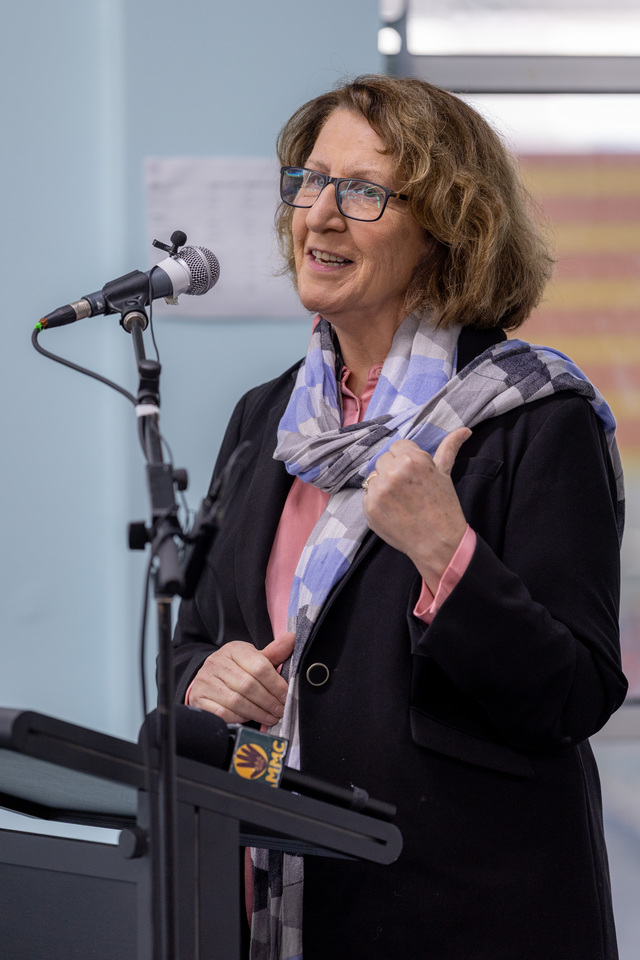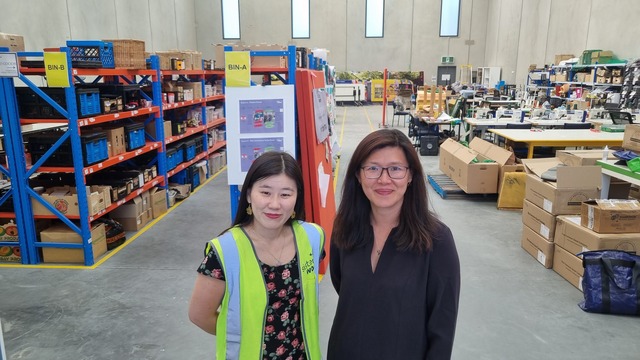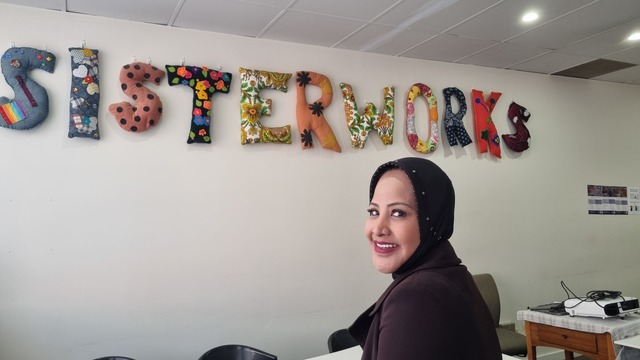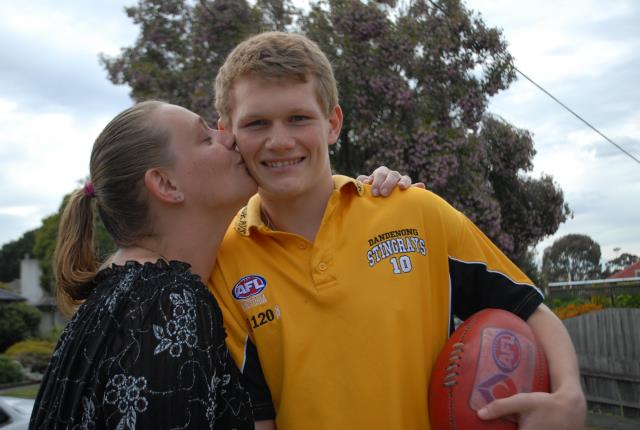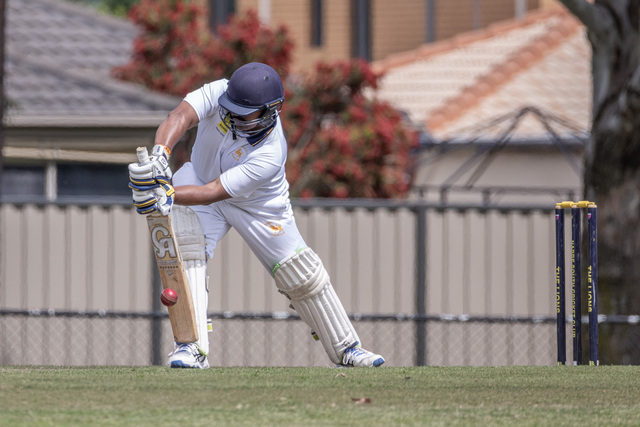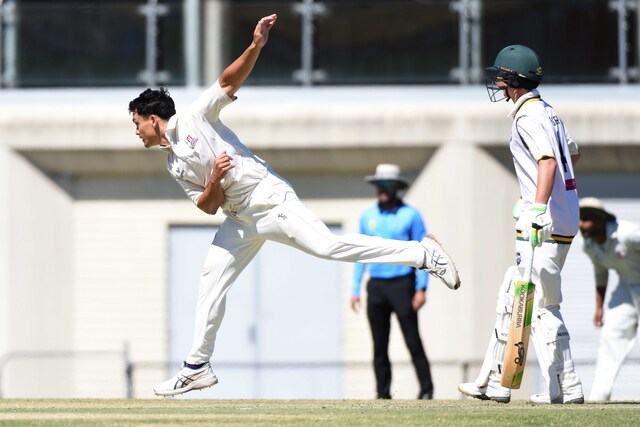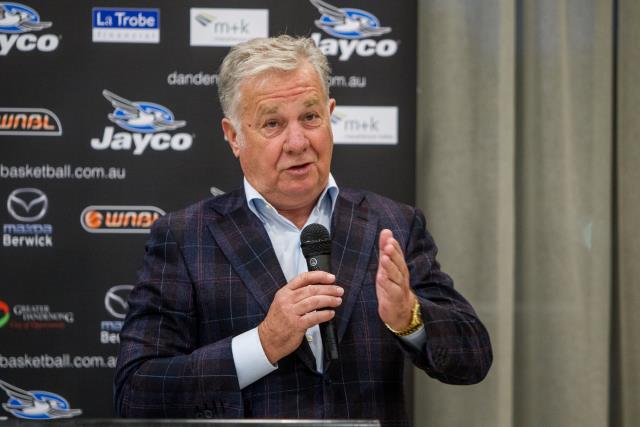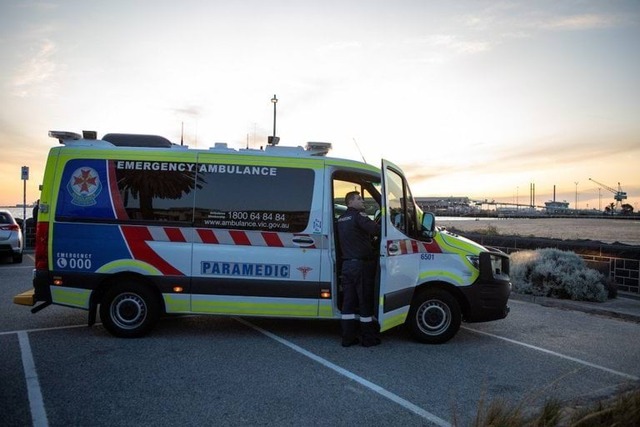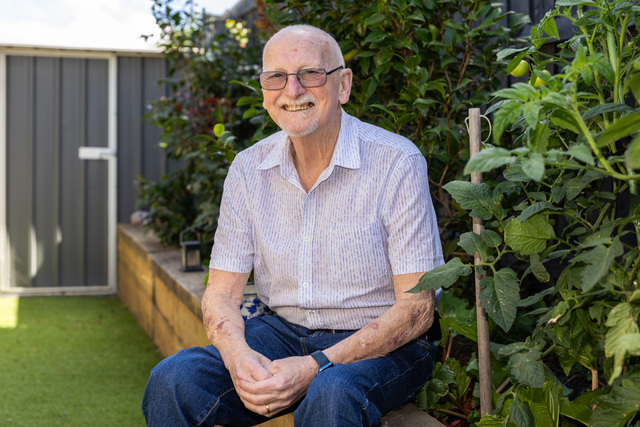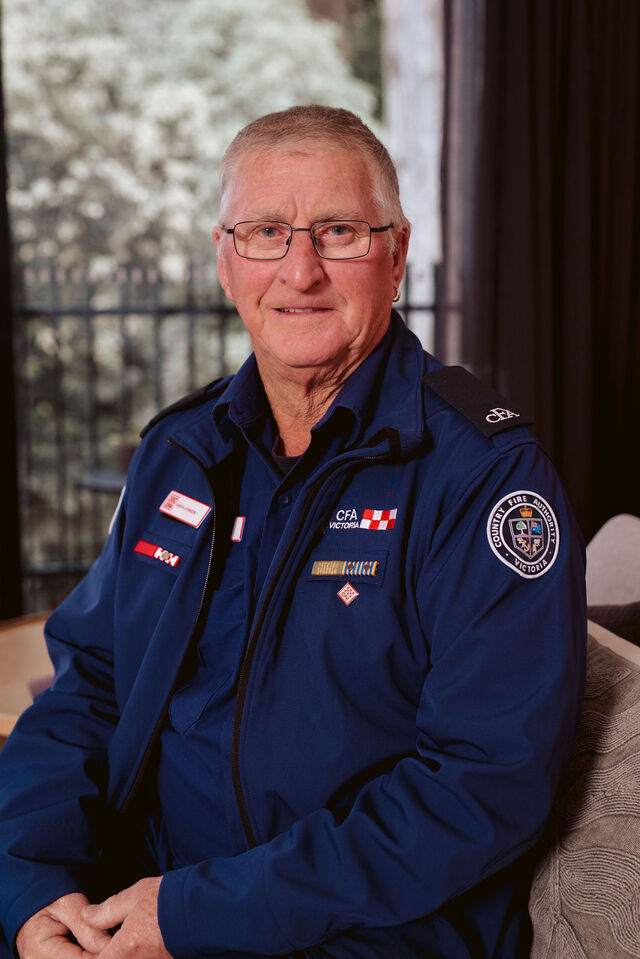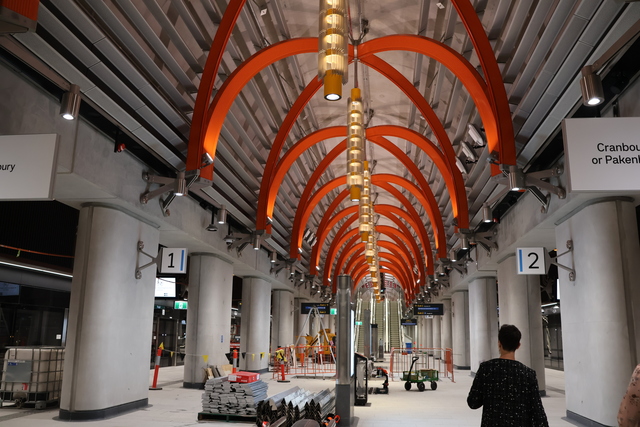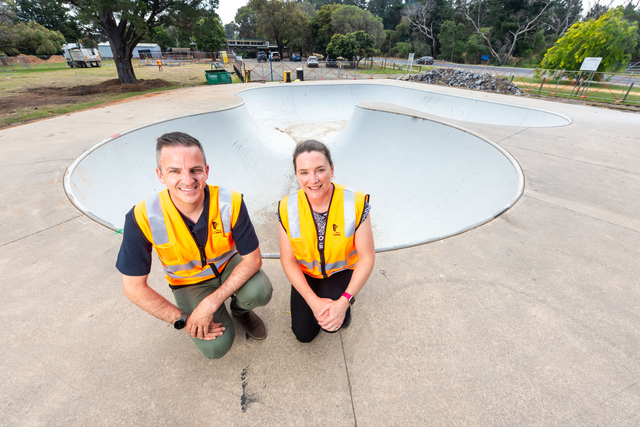In an era where housing affordability is out of reach for many and homelessness is becoming increasingly visible across Melbourne’s southeast, a bold new alliance has launched to drive lasting change.
The Southeast Homelessness and Housing Alliance was officially launched on 31 July at the Cardinia Cultural Centre, bringing together neighbouring councils, local organisations and stakeholders working in housing and homelessness to take collective action to support communities.
Cr Liz Roberts said this collaborative initiative aims to address homelessness and housing stress across Cardinia Shire and the cities of Casey and Greater Dandenong.
“Homelessness is not just a lack of shelter, it is a complex issue with economic, social, and health challenges that affects the most vulnerable among us,” Cr Roberts said.
“Unfortunately, many vulnerable people and families in our community are currently experiencing, or have experienced, homelessness. And as our population continues to grow, so too does socioeconomic disadvantage.
“We’re proud to be working with other key organisations and councils to combine and leverage our collective resources and expertise.
“We’re committed to working together to address the needs of people experiencing homelessness or housing insecurity in Casey, Cardinia and Greater Dandenong through tailored support services and diverse housing options.
“Together we can advocate for systemic change, secure funding, and innovative programs that address the root causes of homelessness.”
The launch featured a panel discussion on Hidden Homelessness, spotlighting the often-unseen experiences of those affected and the urgent need for coordinated responses that achieve real outcomes.
The discussion was moderated by Leanne Mitchell, a government worker, writer and Churchill Fellow who has explored how local councils can end homelessness while managing community responsibilities.
Mitchell emphasised the critical role local, state and federal government can play in prevention, early intervention and sustainable housing solutions.
The panel included a diverse group of speakers whose experiences reflected the complexity of homelessness:
– Sharyn Ling, Community Care Manager at Follow Bless Collective, spoke about the vital food relief and material aid services offered through Bless Packs and community meals — reaching individuals at risk of or experiencing homelessness.
– Jack Dinkgreve, a land management professional with Parks Victoria, shared his experience working collaboratively with Cardinia Shire Council, Victoria Police, and ERMHA to respond to homelessness within bushland areas such as Kurth Kiln and Bunyip State Park.
– Brian Power, a lived experience advocate, provided a powerful account of how mental health challenges led him into homelessness. Now in recovery, he speaks publicly to reduce stigma and advocate for systemic support.
– Kelly Bendon, Assistant Principal at Lyndhurst Secondary College, highlighted the impact of housing insecurity on young people’s education and wellbeing, reinforcing the need for schools to adopt inclusive, person-centred approaches.
The event also provided a lively open Q&A, with attendees questioning what systemic changes are most urgently needed. Cardinia Shire Cr Trudi Paton brought attention to the urgent and critical gaps in the mental health care system.
“When someone is experiencing a mental health condition, it can significantly impact their ability to think rationally. It can prevent them from having insight into their own needs, including recognising that they even need help,” Cr Paton said.
“Yet our system still requires them to voluntarily seek help—when, in reality, they’re often not in a position to understand or act on that need. That’s a major gap.
“It’s almost like an analogy: if there’s a dog on the street, we can pick it up and take it to the RSPCA. It doesn’t need to give consent—we treat it and support it.
“But with people, we don’t have the same mechanism to intervene when they’re in crisis and unable to ask for help themselves.”
She also highlighted the lack of a dedicated mental health triage system in emergency departments, where physical injuries are often prioritised.
“Right now, we have people in hospital emergency departments who are being deprioritised,” Cr Paton said.
“Physical injuries take precedence, and there isn’t a mental health triage system robust enough to provide timely care. People end up waiting for 7–8 hours, sometimes leaving without ever receiving treatment.”

